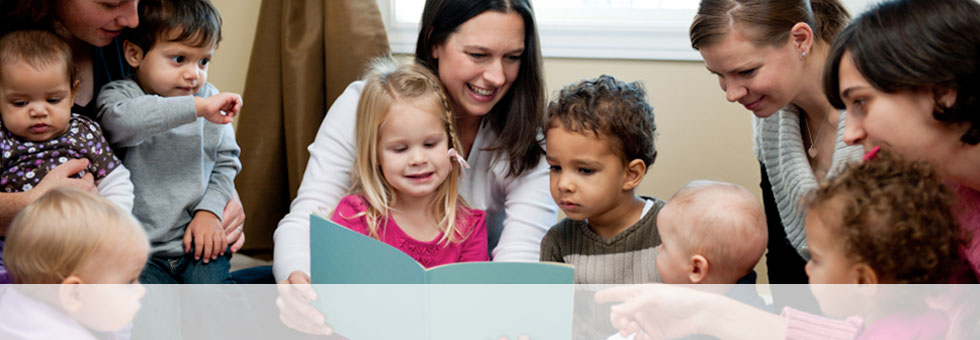The Children’s Project: Our Ongoing Goals
1. Continue to Raise National Consciousness About Raising Emotionally Healthy Children
Our goal is to reach large national audiences of parents, teachers, educators, policymakers, hospital parent education programs, and child welfare and advocate groups through mass media interviews, keynote speeches at annual meetings of national and state professional organizations and continued word-of-mouth.
2. Establish Emotional-Health-Friendly Schools
These are schools in which:
- Each parent and teacher receives a free copy of How To Raise Emotionally Healthy Children from the sponsoring school. Parents are encouraged to read the book, implement the concepts in the daily interactions with their children, and offered the opportunity to join parent support groups based on the concepts in the book.
- Teachers read the book, implement the concepts in their classrooms, recommend to parents participation in support groups, conduct parent orientations, keep a journal, confer with individual parents as necessary.
3. Establish Emotional-Health-Friendly Cities
- (Phase 1) The book is provided to all parents and teachers of children from pre-school through high school, at little or no cost to the city.
- (Phase 2) At least one school district will establish a model emotional-health-friendly school at every level of education—pre-school, elementary school, middle school, and high school.
- (Phase 3) The model school district will initiate a longitudinal, school research program measuring impact on student academic achievement, and also risk behavior—e.g., attendance, dropouts, violence, drugs—through a partnership with a University and/or private research institution.
4. Prepare the Next Generation of Parents
- Assist high schools and colleges in providing students—our next generation of parents—with opportunities to attend seminars and courses on emotional health and parent/child relations. (We have conducted seminars with high school and college students which have included reading the book, writing book reports, and discussing the material in class. The reactions of students have been very positive about receiving this information. They have felt that the information would be valuable to them when they get married and have their own children—also in present relations with their parents and male and female peers.)
- Encourage college teacher-education programs to require all students majoring in Education to receive some instruction regarding the emotional needs of children and parent-child relations.



